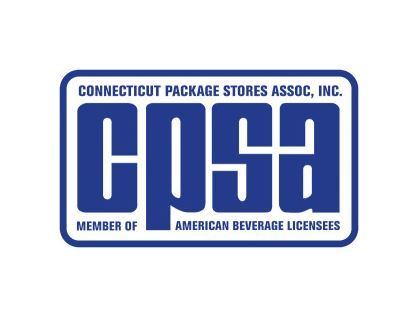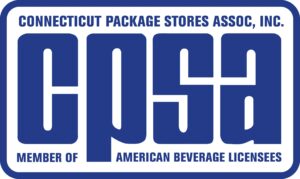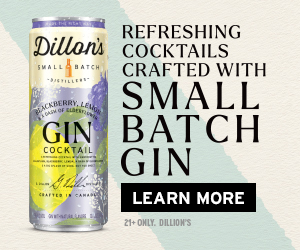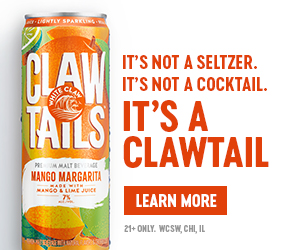

Sean Hughes, Account Director, Connecticut Package Stores Association.
By Sean Hughes, Connecticut Package Stores Association
The first days of January are always filled with lofty ambitions for the year ahead. Many set goals to hit the gym, eat healthier or further their careers. Unlike the typical resolution roller coaster, one trend has seen consistent participation throughout January in recent years.
Dry January, which involves total abstinence from alcohol throughout the month, stems from a United Kingdom-based group called Alcohol Change UK, which sought to mitigate and bring awareness to alcohol abuse in the UK. The movement’s popularity has proven it’s more than just a blip; it has grown steadily on a global scale since its establishment in the mid-2000s.
Research and news articles from sources such as Harvard University, PBS, CBS and Time magazine have all recently touched on the positive health effects of a month of no alcohol. In January 2021, Morning Consult surveyed 2,200 people and found that 13% of respondents were participating in Dry January. This was up 11% from a previous year’s poll.
After the recent pandemic, liquor retailers across the country began to experience a decline in sales, suggesting a possible shift in attitudes toward alcohol consumption. The decriminalization and subsequent legalization of recreational marijuana in more states, including Connecticut, have also contributed to the decline.
While Dry January certainly represents a positive effort, it has resulted in a heightened financial strain for many package stores who were already struggling.
However, the cultural shift toward mindful drinking has propelled the nonalcoholic beverage industry forward. For decades, nondrinkers hoping to enjoy the taste of a traditionally alcoholic beverage without the buzz were restricted to just a few options. Today, almost every major brand has released at least one low- or no-ABV beer, wine or spirit.
One of the most popular nonalcoholic beers on the market is brewed right here in Connecticut at Athletic Brewing Co. Some package stores have adapted by expanding and highlighting their nonalcoholic beverage sections. With the growth of available zero-proof spirits, many restaurants have also increased their mocktail offerings.
 Another sector of the adult beverage market that has seen rapid growth is the hemp-based THC seltzer industry. Stemming from a loophole in federal law, hemp-based THC products have broken into the mainstream marketplace with such velocity that the state has had to play catch-up on regulating their sale. For months, high-THC products were being sold at retail without age, quantity or location of sale restrictions.
Another sector of the adult beverage market that has seen rapid growth is the hemp-based THC seltzer industry. Stemming from a loophole in federal law, hemp-based THC products have broken into the mainstream marketplace with such velocity that the state has had to play catch-up on regulating their sale. For months, high-THC products were being sold at retail without age, quantity or location of sale restrictions.
Last year, the General Assembly passed legislation banning “high THC” products from being sold anywhere except in cannabis dispensaries. However, single-serve beverages containing 5 mg of Delta-8 THC or less were allowed for continued sale by retailers, including package stores. Currently, the General Law Committee is revisiting the regulation of these low-potency THC products, including seltzers, to determine whether they should impose age and/or vendor restrictions on their sale.
As always, the Connecticut Package Stores Association (CPSA) team is closely monitoring this and many other issues, and will continue to do so throughout this short legislative session. While a briefer session curbs the number of potentially harmful bill proposals, it also limits time for scrutiny and coordination of strong opposition. By becoming a member of CPSA, you can stay apprised of legislative developments and be ready to take action to help defend your livelihood.
Find out more about any of these issues and the benefits of membership at ctpsa.com.






